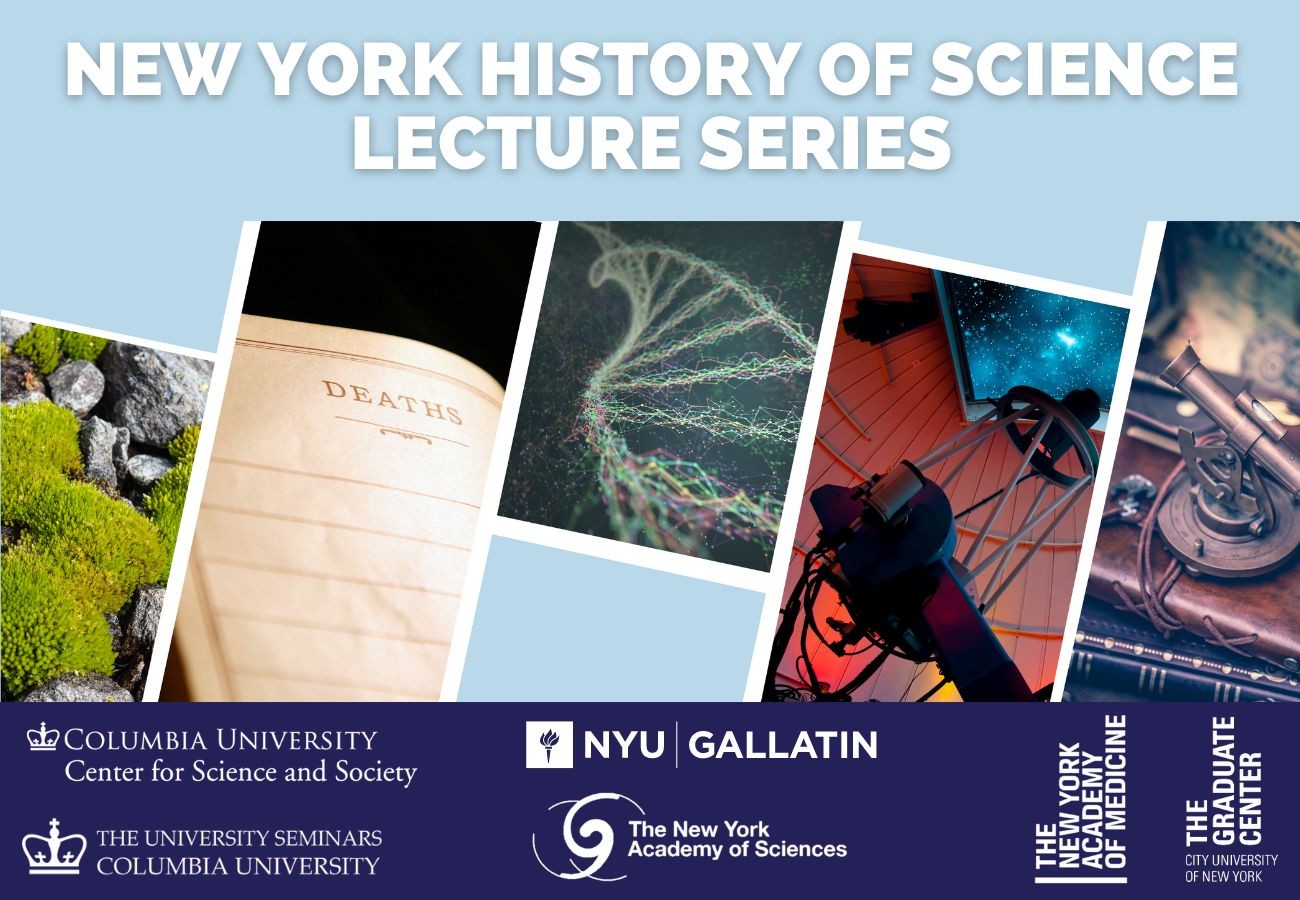Event Description
Written in 1770, John Ellis’s Directions for Bringing Over Seeds and Plants from the East-Indies and Other Distant Countries offered short, concise instructions for amateur collectors traveling around the globe in search of valuable cash crops. Noting the immense difficulty of keeping delicate plants like citrus and palms alive over long, volatile oceanic trips, Ellis—a Linnaean correspondent and natural goods merchant—suggested the use of another less “valuable” plant in safely cushioning objects within wooden crates: moss. Small, soft, and readily available in most environments on every continent, moss proved more successful than other packing materials in successfully transporting plants from and between colonies during the eighteenth and nineteenth centuries and was quickly adopted by naturalists around the world. Moss, though, also required diligent collection before it could be used to preserve other plants. Examining the small industry of identifying and collecting moss for shipping purposes, Elaine Ayers unravels the networks of skilled observation and field-based labor sustained by working-class colonial servants and Indigenous communities necessary in maintaining and driving colonial botany. Questioning the construction of “value” in collecting guides like Ellis’s and in desiderata lists written by prominent naturalists back in Europe, she suggests that moss, in all of its miniscule mundanity, fueled colonial preservational practices while exposing the racial and class-based complexities of collecting on the ground.
Event Speaker
Elaine Ayers, Visiting Assistant Professor at New York University
Event Information
This event is free and open to the public; Registration required. Please contact [email protected] with any questions.
This event is part of the New York History of Science Lecture Series.
Sponsoring Organizations:
- The University Seminars at Columbia University
- Columbia University in the City of New York
- NYU Gallatin School of Individualized Study
- The Graduate Center, City University of New York
- The New York Academy of Medicine
- The New York Academy of Sciences
The Center for Science and Society makes every reasonable effort to accommodate individuals with disabilities. If you require disability accommodations to attend a Center for Science and Society event, please contact us at [email protected] or (212) 854-0666 at least 10 days in advance of the event. For more information, please visit the campus accessibility webpage.

